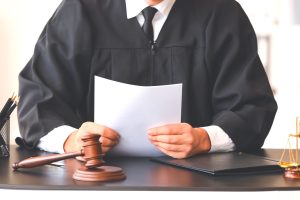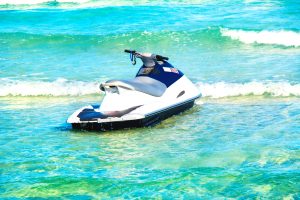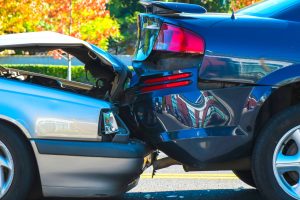There are hundreds of thousands of Americans who are living their lives with the aftermath of some sort of injury. The U.S. Centers for Disease Control & Prevention reports about 50 million people are treated for unintentional injuries annually. Many of us heal eventually, but some will have some sort of lasting impact. When someone who has a pre-existing injury is injured again, it can complicate any subsequent legal claim. But as longtime Fort Lauderdale injury lawyers can explain, it won’t kill your case – as long as you’re working with a good attorney.
The first question is whether the accident at issue has anything at all to do with your existing injuries. If your pre-existing injury involves range-of-motion issues with your wrist but the more recent accident primarily impacted your neck and back, the old injury will probably be a non-issue for purposes of your new claim. That’s not to say it won’t come up at all. It’s important to be forthright with your medical providers as well as your lawyer, to ensure it’s all fully-documented and there are no surprises.
If the new injury does happen to involve the same area of the body where you were hurt before, the next question will be: “To what extent did the new injury exacerbate your pre-existing injury?”
Aggravation of a pre-existing injury is compensable under Florida law. This has been precedent for well over a century. (See the 1908 Florida Supreme Court case of Atlantic Coast Line R. Co. v. Dees. In that matter, the court ruled “…to recover damages for personal injuries alleged to have been caused by the negligence of the defendant, and [the plaintiff] was at the time the injuries were received suffering from some disease or illness… such [plaintiff’s] previous infirmity will not excuse the defendant from answering in damages to the full extent of injuries caused by such negligence…”)
But that doesn’t mean the defense won’t make it easy. When pre-existing injuries or illnesses are a factor in a Fort Lauderdale injury claim, the burden of proof is on the plaintiff (person who is injured) to prove by a preponderance of the evidence that the injury was either caused or aggravated by the defendant’s negligent act. This must be properly pleaded – and supported by evidence – in the special damages part of a Florida civil lawsuit. Your attorney has to clearly spell out:
- Exactly what the pre-existing condition is.
- The extent to which it impacted your life/well-being prior to the accident.
- How the new accident caused that condition to be worsened.
- The degree to which this exacerbation of your injury has degraded your physical, mental, and emotional well-being.
When there’s a pre-existing injury involved, it will not be assumed that the new accident caused it to worsen. That fact must be expressly stated and supported. Continue reading
 Broward Injury Lawyer Blog
Broward Injury Lawyer Blog






 The tragic death of a professional soccer player in a South Florida boat accident raised questions about how we, as injury attorneys, go about establishing legal responsibility for Miami boating accidents in civil litigation.
The tragic death of a professional soccer player in a South Florida boat accident raised questions about how we, as injury attorneys, go about establishing legal responsibility for Miami boating accidents in civil litigation.




